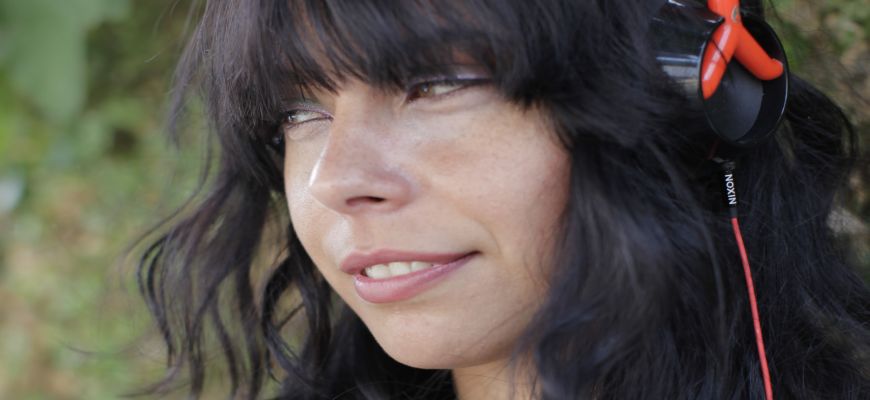Since Monday the 27th of May, protests have been building firstly in the centre of Istanbul, then throughout Turkey – and eventually the world – stemming from the ruling AK (Justice and Development) Party’s plan to raze the last piece of green area, adjoining Taksim Square (the now famous Gezi Park), and replacing it with a shopping centre and Ottoman-style barracks. There are many other environmentally catastrophic plans in the pipeline, including a third bridge over the Bosphorus, and an enormous canal to lie parallel to the strait.
Two weeks in, with five people officially dead, over 5000 injured and an undisclosed number arrested, the police exited the square, and something of a peaceful commune with book readings, cafes, a library, and progressive rights banners abundant arose. Last tuesday the government, led by religious right-winger Recep Tayyıp Erdoğan (now deep into his third term as democratically elected prime minister), once again sent in riot police to clear the crowd with police dogs, CS (and other) gas, pepper spray, water cannon and rubber bullets.
Throughout all this – and it should be noted, it’s often much more brutal in the capital Ankara, where the media aren’t looking so attentively – artists and cultural makers in Istanbul have remained solidified, nervously hopeful, and as calm as possible. Street jams and busking have always been common around the central Beyoğlu district, but there is now a bloody-minded determination to them, as they feel that the country and wider world is waking up to their cause.
The sounds of pots and pans being repeatedly hit at 9pm in the South American-originated ‘casserole’ protest style reverberates around the city, the ‘ezan’, or call-to-prayer emanating from the mosques five times a day brings a new kind of comfort-stability, and even the Turkish-techno pop usually blaring out of cars and shops is somewhat missed. Outdated, stereotyped images of Turks and Turkey are being replaced by a bold, sincere expression of insistence on rights – very much in the ‘Occupy’ vein – which were previously thought lost in a-politicisation.
Cevdet Erek, of legendary Istanbul experimental/math rockers Nekropsi:
‘I can’t foresee what the effect will be, but it will be huge in the Istanbul music world, just as it will be huge in life, here, in general’
Ed Harcourt (having performed in Istanbul more than once):
‘I can’t imagine any right-minded creative being who lives in Istanbul, let alone Turkey, seeing the point of view of a man so misled by oppression and his faith that he uses gas on his own people…I’m just pointing out the obvious. The key problem is the heavy-handedness of an increasingly religious minded regime in a country that has many secular people’
Oğuzcan Ozen, frontman of local indie group The Away Days:
‘If Tayyip keeps attacking people violently like this, he’ll lose. A giant brave nation has woken up to him. No more fascism in Turkey’
John Robb (having played Istanbul with The Membranes and Gold Blade):
‘Istanbul has a great music scene, as fervent and varied as the city itself, I hope the protests work and people will listen to each other so we can still listen to the music in one of my favourite cities’
A spokesperson for leading venue Ghetto:
‘The protests are effecting the music business very badly at the moment, we cancelled all concerts in June, so waiting for the final situation’
Rod McKee, frontman of Irish-UK-Turkish alternative rock band Wingmen:
‘Wingmen have been affected as we’ve had to cancel a couple of gigs. But there are bigger more important things happening in the Taksim area these days. Despite the tear gas, there is an unbelievably positive vibe around the area. Chillin in Gezi park and walking around the steets of Beyoğlu is a serene utopia of calm as there are no police around. Gezi Park itself has been the best festival I’ve been to in all of my 12 years in Turkey -(even though there are no live bands). Everyone is sharing, looking out for each other, planting flowers, setting up a peoples library, handing out free food, drink, and medical supplies. It’s a little piece of heaven that has become such an important focal point for the bigger issues of freedom of speech and lifestlye choice. I feel very proud to be part of it’
Aysu Çoğur, Turko-Australian female solo experimental artist living in Istanbul:
‘We are resisting peacefully. They have been attacking us for almost 2 weeks now with their tear gas, water canons, plastic bullets, with total brutality but we choose to unite as the people of Turkey in peace & harmony’
Yasemin Mori, one of Turkey’s most individual solo artists:
‘I dont think there is such an industry that involves all musicians. The industry backs, “creates” so called musicians who only go with the system’s flow. The music you should do in order to take part in this system’s industry is already determined by hard edges, and anything unlikely, anything musical, anything mystical and with the soulfulness of the human doesnt really count. So to say these protests reflect the people’s hunger to be heard and not to be “others” when one is involved in thinking, expressing, singing, acting, living, sharing and loving…it seems our government doesn’t approve either….we are not sorry that we are full of light, energy, love, understanding, peaceful integrity and unity, and we will evolve as universal humanity’




